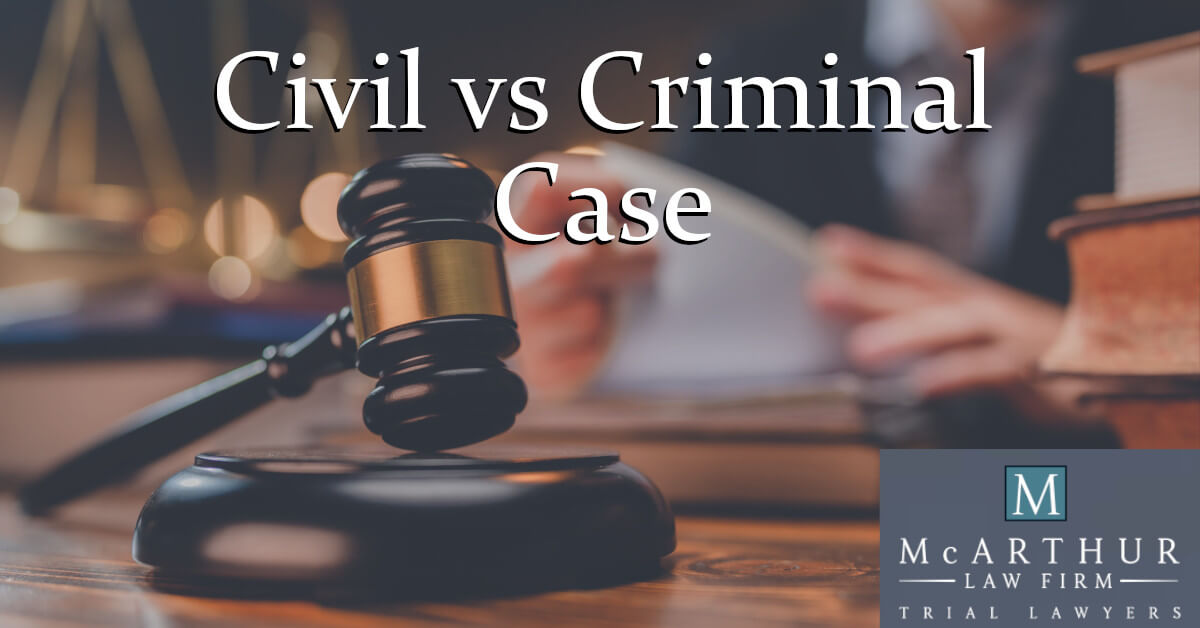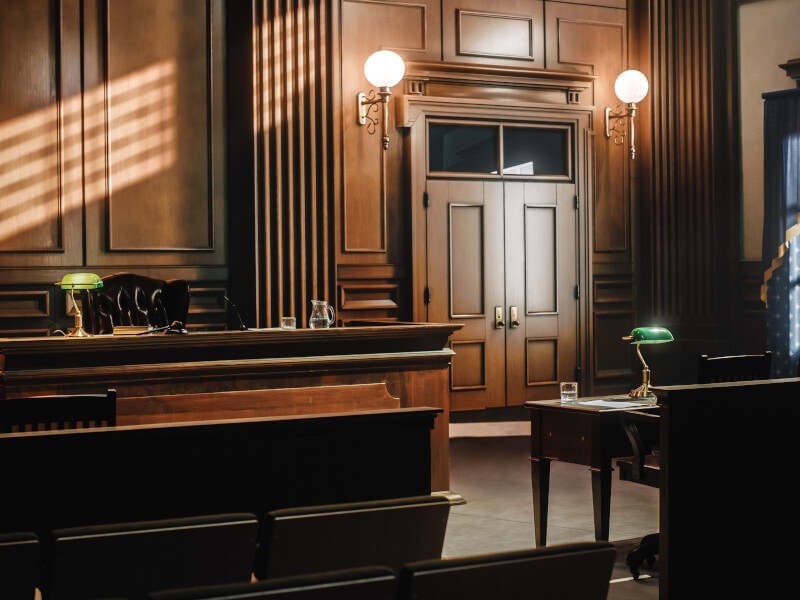When discussing personal injury cases, it’s essential to understand the distinction between criminal and civil cases. While both types of cases aim to address wrongdoings, they differ significantly in purpose, process, and outcomes. This article explores these differences and provides insights into where personal injury lawsuits fall in the spectrum of civil vs criminal law.
Are Personal Injury Cases Criminal or Civil?
Personal injury cases typically fall under the category of civil law. Civil cases involve disputes between individuals or entities and often focus on compensation for damages rather than punishment. For example, when someone is injured due to another person’s negligence—like in a car accident or a slip-and-fall incident—they file a civil lawsuit seeking financial restitution for medical bills, lost wages, and pain and suffering.
In contrast, criminal cases involve the state prosecuting an individual or entity for violating laws designed to protect public welfare. For instance, if someone drives under the influence and causes an accident, they may face criminal charges in addition to a civil lawsuit.
What Is an Example of a Case That Is Both Civil and Criminal?
Some cases straddle both civil and criminal realms. A classic example is drunk driving accidents. If an intoxicated driver causes a collision resulting in injury or death, the state may prosecute them criminally for driving under the influence (DUI) and manslaughter. Simultaneously, the injured party or their family may file a civil lawsuit seeking damages.
Another example is assault cases. In a criminal context, the perpetrator might face charges like battery, which could lead to fines or imprisonment. Meanwhile, the victim can file a civil suit for medical expenses and emotional distress.
These dual proceedings are independent of one another, meaning a defendant could be acquitted in criminal court but still be held liable in civil court, where the burden of proof is lower.
What Are 3 Similarities Between Civil and Criminal Cases?
Despite their differences, civil and criminal cases share some key similarities:
- Legal Representation: In both types of cases, parties may hire attorneys to represent their interests.
- Court Proceedings: Both involve a formal process in a courtroom, where evidence is presented, and witnesses may testify.
- Verdict and Outcome: Both result in decisions rendered by a judge or jury, determining liability in civil cases or guilt in criminal cases.
Real-life examples of criminal cases include high-profile trials like murder prosecutions, while civil case examples often involve disputes over contracts or personal injuries.
What Are 3 Differences Between Civil and Criminal Cases?
Understanding the distinctions between civil and criminal cases is crucial for anyone navigating the legal system:
- Purpose: Criminal cases aim to punish wrongdoing and deter future offenses, whereas civil cases focus on resolving disputes and compensating victims.
- Burden of Proof: Criminal cases require proof “beyond a reasonable doubt,” while civil cases use a lower standard of “preponderance of the evidence.”
- Outcomes: Criminal cases can result in penalties like imprisonment or fines, whereas civil cases typically lead to financial compensation or specific performance.
Examples of these differences are evident in civil vs criminal case scenarios, such as lawsuits over breach of contract versus prosecutions for theft.
Is a Personal Injury Lawsuit a Civil Lawsuit?
Yes, a personal injury lawsuit is a type of civil lawsuit. Victims of personal injury seek monetary compensation for damages caused by another party’s negligence or intentional actions.
However, there are scenarios where a civil case may intersect with criminal proceedings. For instance, if a reckless driver’s behavior constitutes criminal negligence, they might face criminal charges while simultaneously being sued in civil court. This raises questions like:
Can a civil case lead to criminal charges? While a civil case itself doesn’t initiate criminal proceedings, evidence uncovered during the case could lead to a criminal investigation.
Can a civil case lead to jail time? No, civil cases don’t impose criminal penalties like incarceration. Jail time is exclusive to criminal cases.
Hiring A Civil vs Criminal Lawyer for Personal Injury Cases
Personal injury cases are almost always handled within the framework of civil law, emphasizing compensation for victims rather than punishment for offenders. However, the overlap between civil and criminal cases is not uncommon, particularly in situations involving reckless or illegal behavior. By understanding the differences and similarities between these types of cases, you can better navigate the complexities of the legal system.
If you or a loved one has been involved in a personal injury incident, contact an experienced attorney to explore your legal options. The McArthur Law Firm has offices in Atlanta and Macon:
Whether pursuing a civil case or addressing criminal implications, professional guidance is key to securing justice. Explore more insights into civil vs. criminal law and learn how to protect your rights in personal injury cases. You can also use our online contact form if you have any more questions about your case.
Learn More About Civil vs Criminal Personal Injury Cases
The McArthur Law Firm has handled hundreds of cases over the years, and our legal team has over 100 years of combined experience. If you’d like to learn more about different civil and criminal cases, read some of our informative articles below.










